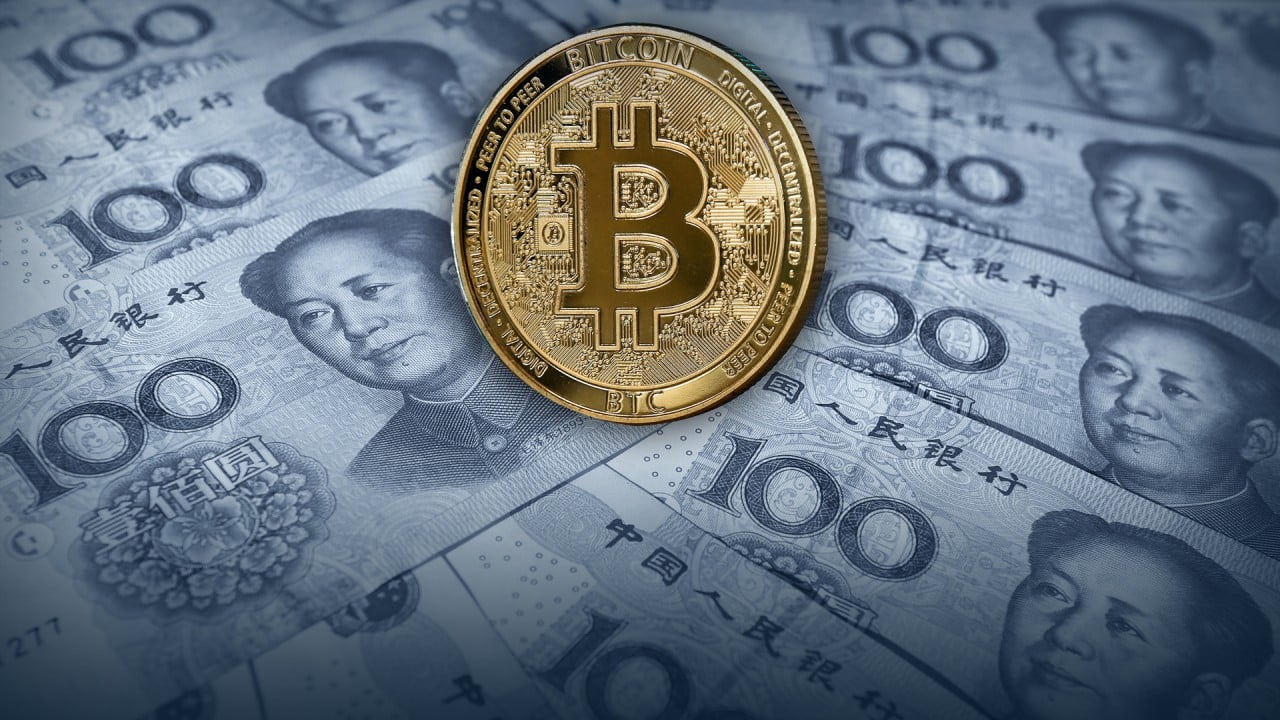Global cryptocurrency crackdown looms as governments enter digital currency race
- Cryptocurrencies, which threaten state control over currency circulation, have gained traction only because governments were slow to act
- With China pushing the US and Europe into action, a digital currency battle is shaping up, and cryptocurrencies will be the losers

Financial analysts, writers and retail investors alike have flocked to bitcoin and other cryptocurrencies, like many did with US housing in 2008 and Dutch tulips in the 1600s.
But few pundits have noticed the similarities between cryptocurrencies and gold, and even those who do, treat the parallel as merely a compass for setting a price target. But this parallel is ominously important. It shows that cryptocurrencies threaten state control over currency circulation, and are headed for a heavy regulatory stomp by major governments worldwide, just as was the case with gold in the past.
First, like cryptocurrencies today, gold was touted as a powerful investment alternative to the dollar in the early 1900s. Both assets are believed to have intrinsic value because of their limited supply. There can only ever be 21 million bitcoin and no more, for example, and there are supply limits on many cryptocurrencies as well, mirroring the limited amount of gold in circulation.
Based on this idea, the Bretton Woods programme set up after the World War II originally pegged the US dollar to the price of gold. But from the 1960s onwards, government economists began to baulk at the gold peg. Economist Milton Friedman, whose influence even reached Hong Kong and China, wrote in 1961 that gold put overbearing constraints on money supply and tied the Federal Reserve’s hands when it came to monetary policy.
There was simply too small a supply of gold to cover the dollars in circulation. This was worsened when countries like France raced to convert dollars into gold in the 1960s, causing liquid dollar liabilities held by foreign official institutions to swell to eight times actual gold holdings in the United States by 1973 and threatening the stability of the dollar.
The US government thus decided to rid itself of the gold peg altogether in 1973. In the process, the state not only obtained significant power over domestic monetary policy, but also unprecedented power worldwide when the US dollar became the global reserve currency without a gold peg.
Second, despite the benefits of cryptocurrencies’ blockchain technology in processing payments, governments are catching up technologically. Cryptocurrencies have gained traction in the West only because stodgy governments have been slow at digitalising their currencies and payment infrastructure, and at regulating cryptocurrencies.
But with China’s progress on this front, the US and European governments will soon be forced to act. China has been cracking down on the mining of cryptocurrencies and has begun trials on its own digital yuan. Last year it was reported that the People’s Bank of China had filed more than 80 patents on the issuance and supply of a digital currency, an interbank settlement system and digital wallets.
Just this year, China rolled out trials of its digital yuan in collaboration with Ant Group and Tencent Holdings, expanding it to six more regions including Shanghai in April. What’s more, China’s digital yuan has adopted the same perks as cryptocurrencies, such as blockchain technology and no traditional banking or transfer fees, all while having the stability of fiat.
Just as Huawei Technologies Co. jump-started a global race for 5G, so too will digital currencies be at the front of a new political battle for national pride. After China’s expansion of digital yuan trials, for instance, the US announced in May the launch of five pilot digital dollar projects over the next year.
Federal Reserve chairman Jerome Powell has said the Fed should play a “leading role” in the development of international standards surrounding digital currencies, which will also depend on the US’ ability to race ahead of China with a digital dollar.
Third, an outright crackdown on cryptocurrencies is at hand in the West, likely to be led by the US. Janet Yellen’s last act as chair of the Fed in 2018 was to impose a US$2 trillion cap on Wells Fargo’s assets and force the bank to replace four board members as punishment for continued scandals.
With Yellen now at the helm of US economic policy as treasury secretary, her willingness to get tough on institutions is foreboding for cryptocurrencies, especially given her repeated denouncements of their illicit uses and the government’s inability to track their transactions.
Currency has been and will become again a global battleground for political and economic power – and cryptocurrencies will be the losers.
Anson Au is a PhD candidate in sociology at the University of Toronto
